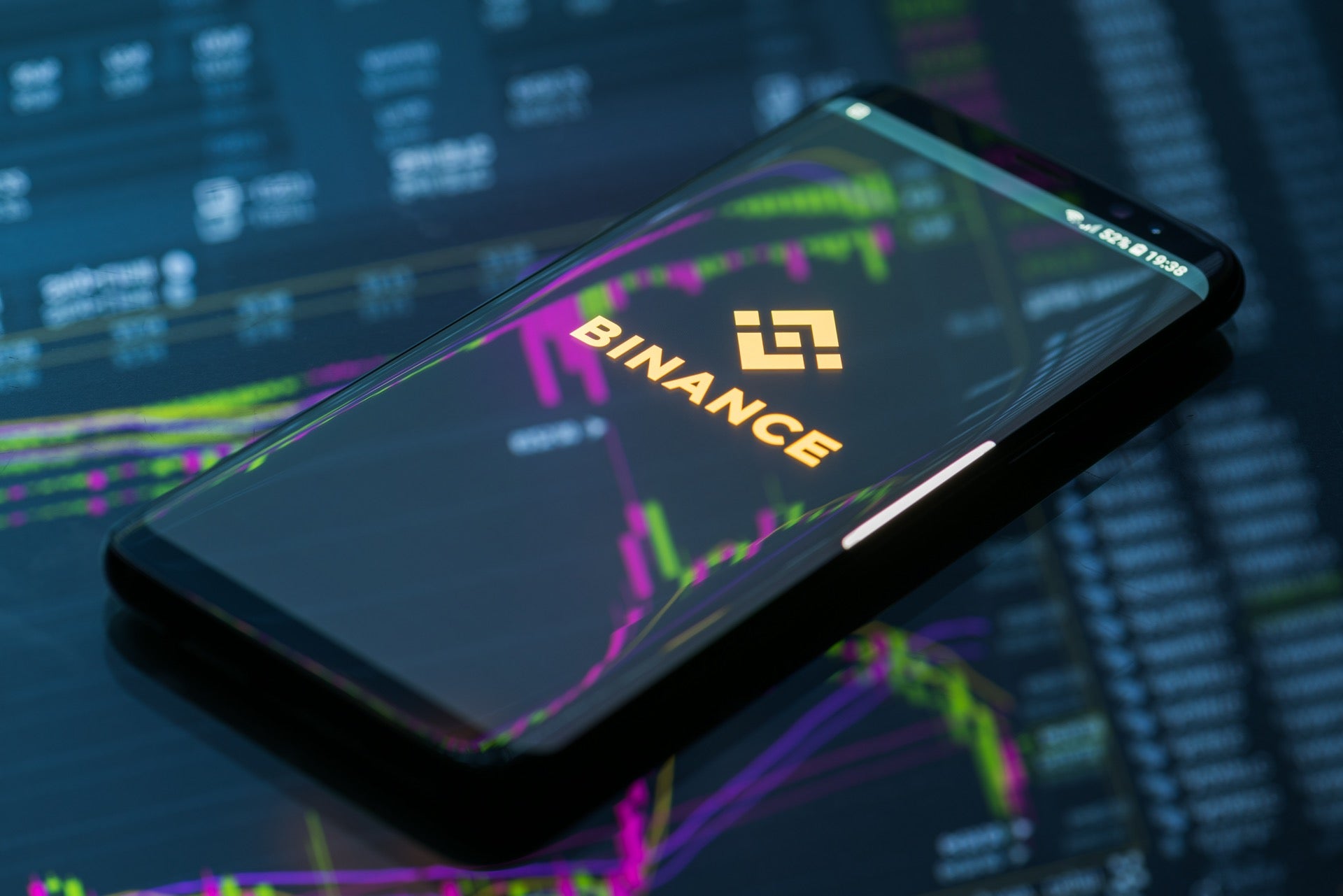
On Saturday the UK’s top financial service watchdog seemingly dropped a bomb into the bitcoin industry by banning Binance from operating any regulated services in the UK. However, as explosive as the sentiment seemed, it turns out to be a bit of a dud.
The Financial Conduct Authority (FCA) issued a warning on 26 June, saying that Binance Markets Limited is not permitted to undertake any regulated activity in the UK. The ban seemed to suggest that one of the world’s most popular cryptocurrency exchanges cannot offer cryptoasset derivatives and securities.
Despite the notice’s strong language, it turns out that bitcoin and ether aficionados can still trade with digital money on Binance.com. The exchange has even said as much.
“The FCA UK notice has no direct impact on the services provided on Binance.com,” Binance tweeted on Sunday. “Our relationship with our users has not changed.”
The FCA UK notice has no direct impact on the services provided on https://t.co/QILSkzx7ac.
Our relationship with our users has not changed. (3/4)
 GlobalData Strategic Intelligence
GlobalData Strategic IntelligenceUS Tariffs are shifting - will you react or anticipate?
Don’t let policy changes catch you off guard. Stay proactive with real-time data and expert analysis.
By GlobalData— Binance (@binance) June 27, 2021
Confused? You’re not alone. Following Binance’s Twitter spree, the users either made sighs of relief or questioned whether Binance was actively challenging the FCA by blatantly ignoring the warning.
The truth is, like usual, somewhere in the middle. The key to unlocking the cryptocurrency conundrum is the world “regulated”. It’s important because the regulated services provided by Binance do not include trading with cryptocurrencies and don’t involve companies not listed in the UK.
Binance Markets Limited is, indeed, registered in the UK and previously traded under the name EddieUK Ltd since 2015. It was, however, acquired by the Binance Group in May 2020. The Binance Group is located in the Cayman Islands and represents the wider group that operates the cryptocurrency exchange on Binance.com.
Why does that matter? Because the cryptocurrency laws implemented in the UK aren’t a point of consumption regime. In other words, if bitcoin enthusiasts want to go to Binance to sell and buy digital dosh, they can do so despite the FCA warning.
The watchdog has, nevertheless, ordered Binance to include a message on Binance.com to inform UK customers that it is not an FCA-regulated business. Binance has until next Wednesday to comply with the demand.
Binance has said it takes “a collaborative approach in working with regulators” and “our compliance obligations very seriously.”
To operate a cryptocurrency exchange in the UK, bitcoin businesses must apply to the FCA’s registration scheme.
While Binance Markets Limited had begun the process to register in the UK, the regulator has confirmed that the company withdrew its 5MLD application after intensive engagement from the FCA.
The FCA has previously warned that a “significantly high number” of bitcoin exchanges that had applied to the scheme hadn’t met money laundering standards. In response, the regulator extended the deadline for these firms to comply with the Temporary Registrations Regime from 9 July 2021 to 31 March 2022. As a result, bitcoin exchanges that had applied before 16 December 2020 could continue to operate in the country.
Binance was founded in China in 2017, but has since moved its servers abroad to avoid getting caught in Beijing’s cryptocurrency crackdown that happened the same year.
As toothless as the FCA’s injunction against Binance’s regulated services seems, it comes at a time when regulators around the world are expected to up their scrutiny of cryptocurrencies, as detailed by a recent thematic research report from GlobalData. China, the UK and Iran have either introduced tougher bitcoin regulations or said they may do so in future.
On the other hand, El Salvador in June became the first country to accept bitcoin as legal tender and there are already rumours that India may soon follow.







